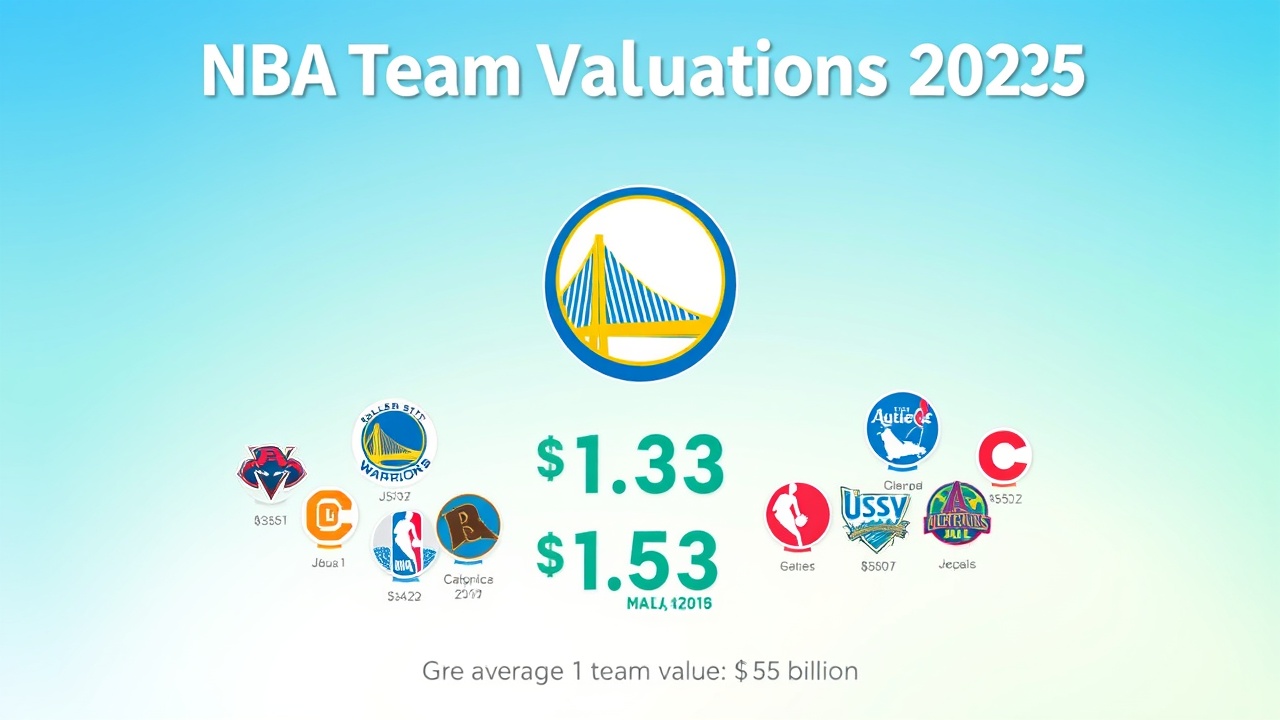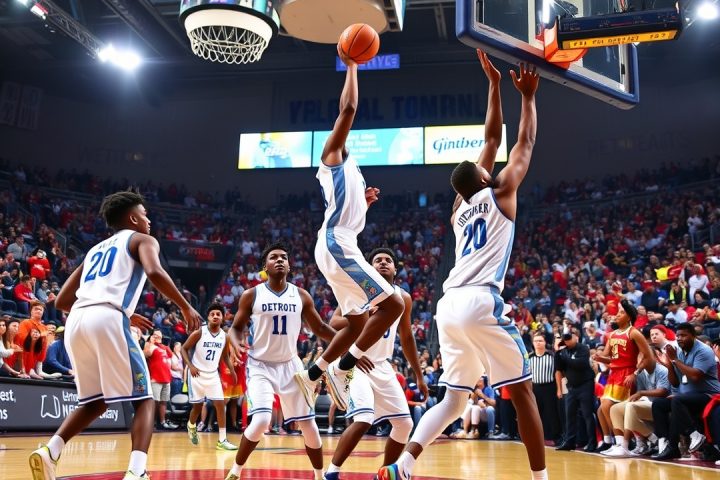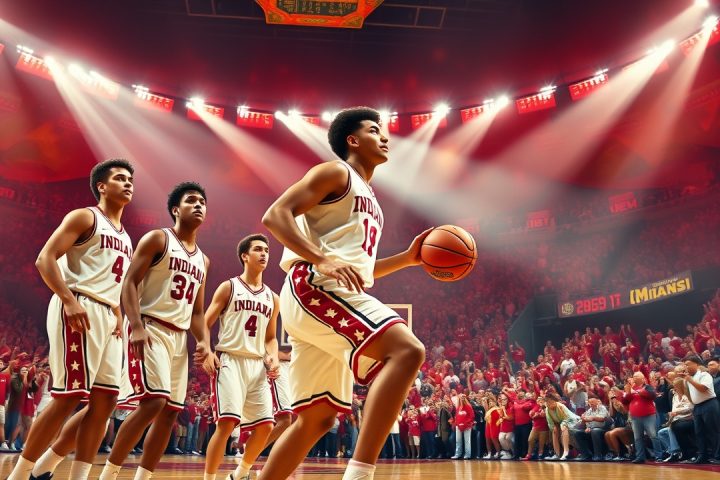Rick Welts’ Journey in the NBA
Rick Welts has dedicated over five decades to the NBA, beginning his career as a ballboy for the Seattle SuperSonics at just 16 years old. His rise through the ranks was swift: from that humble start, he became the team’s public relations director before moving on to the league office, where he played a crucial role in establishing the NBA All-Star Weekend and the iconic ‘Dream Team’ marketing initiative. After leading both the Phoenix Suns and Golden State Warriors for nearly ten years each, he was appointed CEO of the Dallas Mavericks as of January 1.
Current State of the NBA
Welts, a fixture in professional basketball, expressed unprecedented optimism about the current state of the NBA. In a recent video interview, he stated,
“I’ve never experienced a moment like this, where my optimism is at such a high. The dynamics internationally and within media are shaping up for something great.”
This positivity is shared by investors, as demonstrated by recent sales of teams in major cities like Boston, Los Angeles, and Portland, all indicating a surge in franchise values. According to data from Sportico, the average worth of an NBA team has soared to $5.51 billion, reflecting a 20% increase from the previous year and more than doubling since 2022 ($2.58 billion). Particularly striking is the valuation of the Memphis Grizzlies, the least valuable team now priced at $4 billion, a significant rise from $1.63 billion in 2022. Such increases are likely bolstered by the NBA’s lucrative new $76 billion television contract and plans to expand into new international markets.
Franchise Valuations and Revenue
At the forefront of these valuations is the Golden State Warriors, crowned the most valuable NBA team for the fifth consecutive year, worth $11.33 billion, only surpassed globally by the NFL’s Dallas Cowboys valued at $12.8 billion. Following closely are the Los Angeles Lakers valued at $10 billion, with the New York Knicks at $9.85 billion, the Los Angeles Clippers at $6.72 billion, and the Boston Celtics at $6.35 billion.
Total enterprise valuations across the NBA now stand at $165 billion, encompassing both real estate owned by franchise owners and associated ventures like WNBA teams, making the league’s financial standing comparable to major corporations like Gilead Sciences.
From a revenue perspective, the average NBA franchise generated an estimated $408 million last season, with the total league revenue reaching $12.2 billion, which includes ancillary income from non-NBA events at their respective venues. The disparity in earnings among teams is notable: the Warriors led with $833 million, while the Grizzlies brought in $301 million. The NBA’s revenue-sharing program facilitated a redistribution of approximately $400 million to teams with lower earnings, funded by the league’s wealthier teams and luxury tax penalties paid by those exceeding the salary cap threshold.
Last season, basketball-related income was pegged at $10.25 billion, though fluctuations in local media deals and success by smaller market teams affected postseason gate revenue. As a result, over $480 million was returned to franchises from an escrow fund designed to ensure an equitable revenue split between players and the league, maintaining a 51-49 divide.
Future Prospects and Expansion
The current season appears free from revenue shortfalls, largely due to the newly inked media contracts with major networks such as Amazon, ESPN/ABC, and NBC, which are projected to boost each team’s TV revenue from $103 million to $143 million. This is expected to rise even further, with an annual increase of 7% leading to a forecast of around $281 million by the 2034-35 season.
Earnings from sponsorships, international markets, and retail ventures also contribute to team revenues, with recent sales reflecting evaluation based on projected revenue for the 2025-26 season. The Warriors, maintaining their financial dominance, generated a ticket revenue of over $5 million per game and an impressive $2.5 million from luxury suite sales. Their sponsorship agreements, including a $45 million annual deal with Rakuten, significantly outperform those of rival teams, underscoring both their economic prowess and the unique position they hold as owners of their arena.
In addition to the Warriors, the WNBA’s rising financial profile is benefiting other NBA franchises, with numerous teams reporting increases in their valuations due to stakes in new or existing WNBA franchises. The Indiana Fever, affiliated with the Pacers Sports & Entertainment, serves as an example of this trend, seeing exponential growth in fan engagement and attendance since acquiring star player Caitlin Clark.
The Los Angeles Clippers also experienced a notable financial uplift following their first season at the newly constructed $2 billion Intuit Dome. The arena has become a vital asset for revenue generation, with the team now retaining all profits from ticketing, sponsorships, and other events.
Looking ahead, discussions regarding NBA expansion are heating up, with the last growth period occurring in 2004 when the Charlotte Bobcats joined the league. The NBA Board of Governors has started exploring options for adding teams while being mindful of the impact on national revenue and the salary cap. While cities like Seattle and Las Vegas are top contenders, international expansion is also on the horizon, with ambitious proposals being discussed, including a potential European league in partnership with FIBA, which could see teams launching as early as fall 2027. For now, the NBA continues to build on its international footprint, with recent initiatives reviving its presence in key markets like China, further establishing itself as a global powerhouse in sports.




